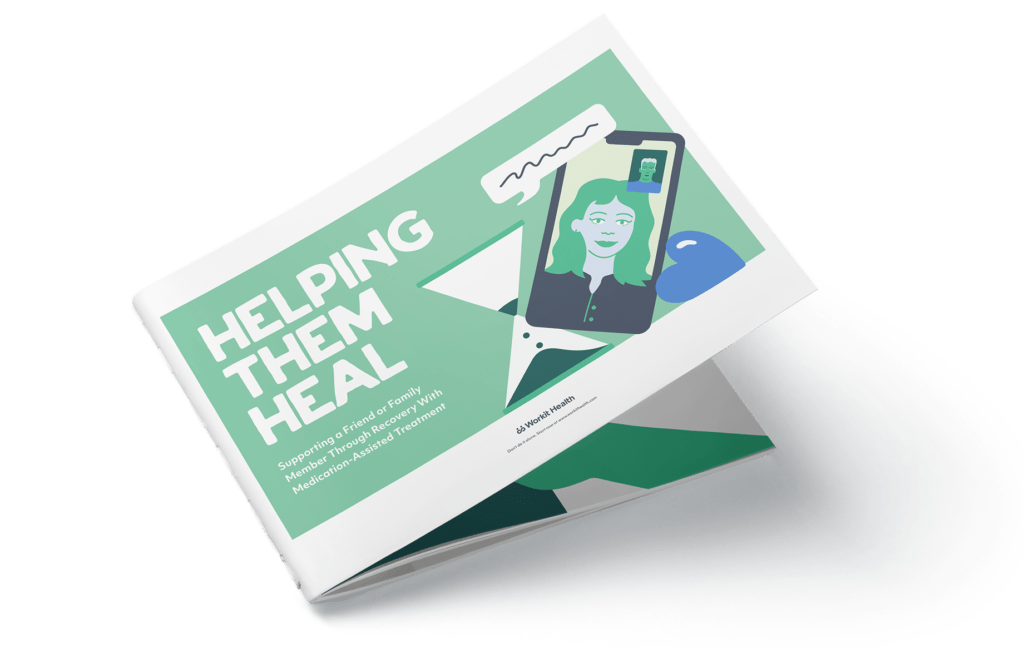Rebecca Rush is sharing her reflection on being two years sober, the pandemic, and what it means to be and to have true friends.
When I got a year sober after a decade of failed attempts, I looked around the room full of happy sober people from a podium in a large West Hollywood 12 step meeting. It was 12/29/2019. I shared for a minute and sat back down. As the buzz from being celebrated – and the buzz from achieving a milestone that had been just out of reach for over a decade, wore off, I started to wonder.
I had been sober a WHOLE YEAR. How was I not famous yet? I hadn’t sold my pilot or my book. How was this the life beyond my wildest dreams that I had been promised?
A little over two months later the world came to a stop and I was able to see what I did have. Friends. Real friends. More than that, I was a friend. What good would career accolades be anyway, without anyone to share it with?
For a long time, I knew I was supposed to connect with other sober people, other people in the program, and I did that, but always from a place of, this is a sober person I am supposed to spend time with or reach out to. Over that first year of sobriety as I worked to repair the ways I related to myself and the world around me, I built real friendships. People that I became so close to that I forgot that they were even in the program until one of us needed to talk about related things.
True intimacy eluded me all my life. I had a lot of maladaptive strategies when I was drinking and using in regards to others. I would con an entire group (that’s what it felt like because I hated myself) into being my friend, blow it up, get kicked out, and start over.
I made intense instant “best” friends with no boundaries that never ended well. I chose the wrong people, and I was the wrong people. I had unrealistic expectations, expecting others to have my back and my best interests at heart when I couldn’t even do that for myself and had no idea what my best interests even were.
I did a lot of triangulating – gossiping about you to your friend you had introduced me to was the only way I really knew how to bond other than over substances. If someone had drugs, well, then they were my friend. Until they ran out. I thought doing drugs and alcohol made people cool.
I chased people. Nothing made me want to be friends with someone more than them having zero interest in me. I could relate! I had zero interest in me. If someone seemed to like me, I found that suspicious. I didn’t like me, so if you did there must be something wrong with you or maybe you just didn’t know me well enough.
I didn’t respect boundaries. If you didn’t call or text me back, I called and texted more. I just kept trying, not understanding that I was pushing you further and further away. Because I didn’t care about you. I only cared about validating my needs at the moment. I had a lot of bad weather friends, people that were there only to hear about the drama as I lurched from crisis to crisis. I didn’t ask questions or listen. I was too lost in my own pain.
The friendships I was able to hold onto for more than a season suffered frequent blowups – I called the cops on one friend while we were living together when she smashed a peanut butter sandwich in my face after I said something terrible as she was walking away. The cops recognized me when they arrived – I thought from my career as a stand up comic, but it was actually because I had just gotten a DUI the week before.
I made up with that friend after a period. I made up with lots of friends after a period of not talking. I never wanted anything badly enough to be willing to apologize or appear to change my behavior until I had lost it. The moment we seemed to be back on solid friendship ground, I came to stay with her for a weekend, drinking her booze, holding court in the backyard, taking acid with her neighbor, having sex with her neighbor that SHE had a crush on, being late to our tattoo appt, which I wore her shoes to without asking, and then, when she went out of town for the weekend and didn’t trust me to stay in her place without her, I went to return the shoes and helped myself to her shower, because her neighbor that I was now staying with had no clean towels and that was somehow on her. I was going through something. Why didn’t she understand?
“I’m sorry,” she texted me when she returned and found my dirty bandaid in her shower, “This is goodbye.” I was angry AT HER because I thought her boundaries were TOO STRICT and unrealistic. This year I had the opportunity to make amends to this person. I am so grateful that they were willing to meet with me. Recovery has taught me that the only thing I can change is my own behavior. Therefore, that’s the thing to focus on.
I was so used to being a bad friend that when people started telling me what a good friend I was in sobriety, I thought they had gotten together behind my back to play a trick on me. “It’s so weird,” I thought. “They don’t even know each other.”
“You’re a really good person now and you’re gonna have to learn to deal with it,” said another friend. The self-concept, for me, lags behind the change and action. I was one way for so long. Even as I change, it’s hard to think of myself as this somewhat evolved individual. But it does come. It’s here now, or else I wouldn’t be able to write about it.
First I had to learn to become my own best friend. To have my own back, to stop judging and being so hard on myself. And then I became truly curious about others. As my life calmed down, as the storms became manageable, I was able to connect to my own heart, and then to the hearts of others. The less I desperately needed people, the more people came into my life that were less desperate. As I built my own boundaries, I learned to accept others. The friends that had stood by me the whole way – those relationships grew deeper and more reciprocal. I no longer kept track of favors because I learned to give what I could freely, without expectation, which meant I didn’t go as far out of my way for people, but I didn’t resent them for it either because I expected nothing in return except the joy of giving.
I have found my tribe, and I keep finding more of them, and my friendships and relationships continue to deepen and grow and I continue to be more interested in others than I ever have been before. I also am perfectly happy being completely alone. I have choices today and so much love.
And that? Is beyond my wildest dreams.





